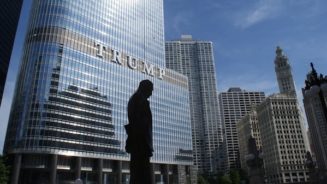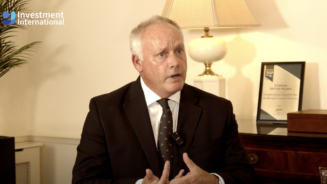The ‘fiduciary’ rule, considered the equivalent of the UK’s retail distribution review (RDR), was announced by the US Department of Labor in April and comes into force next year.
The rule aims to put an end to hidden fees and conflicts of interest in the investment world, requiring brokers or advisers to pick products that are in their clients’ best interests and ‘suitable’ when recommending investments for retirement accounts.
Pilling into passive
As a result, BlackRock predicts the new standards could push more investors into passive funds such as ETFs.
“Now, with the Department of Labor fiduciary rule coming into force, financial advisors are sharpening their focus on the quality and cost-efficiency of funds,” said the asset manager in a statement.
BlackRock said it will lower the expense management ratio for 15 US iShares Core ETFs within its iShares business by 2 to 5 basis points.
The management fee for its flagship iShares Core S&P 500 ETF will be slahed to 4 bps from the current 7 bps.
“A new era is dawning for advisors and long-term investors of all kinds. To meet this historic shift, we aim to set a new market convention for core investing and long-term investors,” said Mark Wiedman, global head of iShares.
Price war
The price cut is the latest move in the race to the bottom on fees for ETFs to attract investors disillusioned with the higher fees and lacklustre performance of some actively managed funds.
Last year, BlackRock cut fees to as low as 0.03% on seven US-listed ETFs targeting price-conscious investors in a bid to lure customers away from rival Vanguard.




